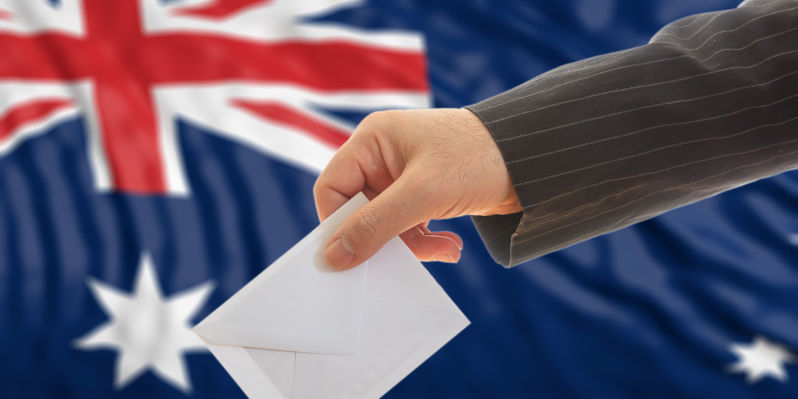The Electoral Reform Bill is stalled but the party is far from over
December 6, 2024
The Australian Uniparty— also known as the cosy ALP/LNP coalition of self-interest—is jockeying for electoral reform. Talks between Labor and the LNP have broken down so those reforms are not coming in any time soon but, as former New South Wales Labor premier Jack Lang was fond of saying, “Always back the horse named ‘self-interest’, it’s the only one that will be trying.”
Try as they might to hobble the fundraising capacity of independents and minor parties, their own self-interest has seen the ALP and LNP disagree on the proposed Electoral Legislation Amendment (Electoral Reform) Bill 2024.
The government is satisfied it will get its fill from the proposed laws, but the Dutton-led LNP is behaving like a starved orphan going cap in hand to the parliament saying, ‘please sir, I want some more’.
The proposed changes to electoral laws, as were being discussed by the government and opposition, would have increased transparency in the electoral process. However, there were enough loopholes to deliver considerable advantage to the major parties to make these laws, as Sydney University constitutional expert, Professor Anne Twomey put it, “sneaky, excessive and unjustified.”
In Twomey’s assessment, the legislation, in its draft form that the government had hoped to railroad through the senate before the end of the sitting year, is also open to constitutional challenge.
The centrepiece was that no individual donor could stump up more than $20,000 to a political party—of course there’s a yawning gap which allows rich donors to give parties much more. The cap applies to donations in one state or territory, so donations can be made in all six states and two territories, as well as to the federal branch of a party.
All of a sudden, $20,000 becomes $180,000 and, as the cap is annual, over an electoral cycle that total is tripled to $540,000. This is the kind of money that does not simply facilitate participation in our democratic process, it buys serious influence over the policies of the government and alternate government.
As Professor Twomey put it the constitutional question is whether any new laws would be “skewed to favour incumbent politicians over independents and new parties seeking election.”
While the proposed bill would have capped total spending on election campaigns by any political party to $90 million, the only parties covered by that are the ALP and LNP duopoly. The sting in the tail is that spending in individual electorates would be capped at $800,000. That is a legislative missile aimed at blowing up the crossbench independents.
Among the successful teal independents that turned blue riband Liberal seats at the 2022 election, the Climate 200-backed Monique Ryan in Kooyong, and Allegra Spender in Wentworth, each spent $2.1 million on their campaigns. They didn’t simply buy their results, each had an army of volunteers three to four times bigger than their Liberal rivals.
A positive aspect of the proposed electoral reform was to reduce the cap on mandatory disclosure of political donations from $16,900 to $1,000, that works for the ALP but the LNP’s support has stalled partly because it wants to protect small business owners from being publicly identified as LNP supporters.
A cynic might argue that laws guaranteeing the anonymity of political donors defeat the purpose of a free and fair democracy. Furthermore, what does it say about the LNP that a significant proportion of its donations would come from sources that don’t want to be identified with the party?
A growing number of voters are looking towards real alternatives to bring some balance back into the political narrative. The entrenched political duopoly is desperate to tip the scales completely in their favour.
Historically, the major parties used to say what divided them was a ‘contest of ideas’, now there’s a new game in town. It’s a contest of deep-seated influence against nimble parties and local candidates who understand, and are responsive to, the needs of their constituents.
Just as we’ve seen with the bill to limit the age of social media users to above 16, ideas are not even being afforded scrutiny within the parliament with committees either being railroaded to conduct meaningless and hasty reviews—24 hours in the case of the social media bill—or no review at all, as was to be the case with electoral reform.
The Australia Institute’s Bill Browne says, “The integrity of Australian elections is too important for the Albanese government’s proposed changes to be rushed through without scrutiny, including a thorough parliamentary inquiry.”
The Electoral Reform Bill has stalled, not due to the proper concern that it dilutes our democratic process, but ostensibly from the desire of both major parties to come up with their best way to severely dilute the effectiveness of the independents and minor parties.

